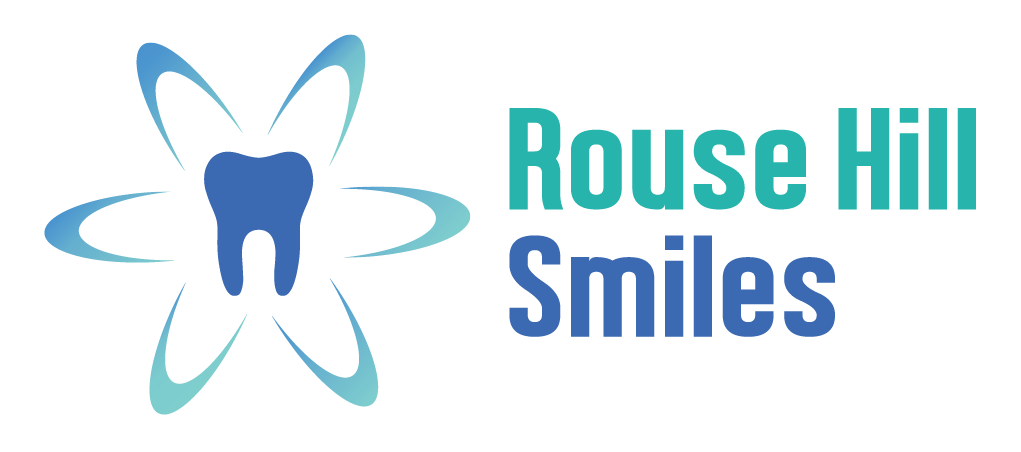Bruxism: Symptoms, Causes, And Effective Treatment Options
service@womm
20 May 2024
No Comments
Do you frequently wake up with a jaw or headache and fail to identify the cause? You can be a sufferer of bruxism – a widespread disorder that is often neglected. Grinding teeth, also called bruxism, is an involuntary clenching or grinding of the teeth during sleep and may result in a number of unpleasant symptoms and dental problems if not cured.
In the article, we will focus on the symptoms and causes of bruxism, as well as look at treatment options that will help you get rid of this bad habit for good. Whether you’re a sufferer for a long time, and a quest for a cure, or are just curious about this fascinating condition, find out the secrets behind bruxism, and how to beat it for a healthier mouth and well-being.
Signs and Symptoms of Bruxism
If you’re unsure whether you grind your teeth, here are some key bruxism symptoms to watch out for:
- Grinding Sounds:
Probably you don’t even know that you are doing it but your sleep partner might be the first to find out. Bruxism can cause grinding and clenching which can be the cause of loud crashing sounds during sleep thus disturbing your partner’s sleep or even yours.
- Wear and Tear of the Tooth:
Worn, flattened, or chipped, teeth can be the symptoms of habitual teeth grinding. Additionally, you may notice an increase in tooth sensitivity to hot or cold beverages.
- Jaw on Lock:
The tightness, soreness, or pain in your jaw muscles – especially in the morning – is one of the indications of bruxism. You could also experience a problem in fully opening or closing your mouth.
- Headache in the Morning:
A headache in the morning, especially in the area around the temples, is the most typical sign of bruxism.
- Cheek Biting:
Subconsciously biting your cheek from within is another body language that signals you could be grinding your teeth at night.
- Sleepless Nights:
Bruxism can damage your sleep by making you overtired during the day and affecting your ability to focus. The irritating noise of constant grinding or clenching can repeatedly interrupt you from reaching the deep sleep phases at night, making you lethargic and foggy during the day.
What are the Causes of Bruxism
The exact cause of bruxism remains a bit of a mystery, but several factors are thought to contribute:
- Stress:
It is quite easy to start clenching or grinding teeth when you have that feeling of being overwhelmed, anxious, or frustrated. During the times when life gives us challenges, the natural tendency for our jaws is to clasp them tightly.
- Sleep Disorders:
Diseases like sleep aponea have been known to disrupt sleeping patterns and might induce teeth grinding while sleeping. When you find it really difficult to breathe, the muscles of your lower jaw may work abnormally hard.
- Certain Medications:
Some antidepressants and other medications can have bruxism as a side effect. Be sure to talk to your doctor if you suspect your medication might be contributing to your teeth grinding.
- Habits:
The process of chewing on a pen, pencil, or other objects can unconsciously teach your jaw muscles to clench. These repetitive processes can burn a muscle memory that remains even when you are not chewing at the time.
- Smoking and Alcohol:
These substances could calm down the muscle that would normally keep your jaws still, making the grinding more likely. They can give you a relaxed feeling, but they can also interfere with your sleep cycle and make you unconsciously grind your teeth.
Effective Treatment Options for a Restful Night
If you suspect you have bruxism, don’t grind your teeth about it (pun intended)! There are several effective options available for bruxism treatment to help you break the habit and finally get a good night’s sleep:
- Custom-made Bruxism Mouthguards:
A custom-made bruxism mouthguard can be made to fit over your teeth and when you wear it at night, it will create a barrier to stop your teeth from grinding together. It reduces the pressure on the teeth so as not to damage them.
- Stress Management:
Strategies like meditation, yoga, or deep breath techniques can reduce stress levels and lead to fewer cases of bruxism episodes. By managing your stress levels, you can relieve jaw muscles and diminish the desire to grind the teeth.
- Relaxation Techniques:
Before going to bed, indulge yourself in a warm bath, a book reading, or any other relaxing activity such that you will have a lot of time to unwind and not get over to your teeth clenching. A relaxing and calming bedtime ritual can be a very clear signal for your body that it’s just the right time to switch to sleep mode and thus, one should forget about bruxism.
- Addressing Underlying Conditions:
If sleep aponea or some other medical condition is causing bruxism, treatment of the causative disease can be the main thing starting with the elimination of the condition. Discuss with your doctor whether or not any health issues could be behind your bruxism.
- Habit Replacement:
If you find yourself chewing on objects unconsciously, find healthier alternatives like sugar-free gum. This can help keep your jaw occupied without damaging your teeth.
Bruxism is a common disorder that if unmanaged can lead to severe health problems. Familiarising ourselves with the symptoms and identifying the underlying causes is the most important key to successfully dealing with this condition.
There are different treatment choices available such as the use of mouth guards, practice of stress reduction techniques, and physical therapy, and people living with bruxism can live a normal life and eliminate the problems in their oral health.
It is advisable to discuss the most appropriate treatment plan based on individual cases with a healthcare provider. Being mindful of bruxism and striving to prevent and/or manage it could significantly contribute to improving one’s quality of life and overall well-being.
FAQS
Q: How do you fix bruxism?
Fixing bruxism which is teeth grinding requires taking a determined approach that involves handling its underlying causes and reducing its symptoms. There are different treatment options such as wearing a mouth guard that protects teeth, stress management techniques, dental corrections for misaligned teeth, medication adjustment, lifestyle adjustment, and behavioural therapy.
Q: What is the root cause of grinding teeth?
The main reason for tooth grinding, or bruxism, may be different from person to person. Common causes of this include stress and anxiety situations, the misalignment of the jaws (malocclusion), sleep disorders such as sleep aponea, lifestyle habits like smoking and high consumption levels of caffeine and alcohol, certain medicines effects, and genetic dispositions.
Q: How do you get rid of jaw clenching?
Many of the approaches mentioned for fixing bruxism can also help with jaw clenching. Here are some specific pointers:
- Apply warmth:
Applying a warm cloth on your jaw muscles will help you relax them and ease the stiffness.
- Jaw stretches:
Mild jaw stretches are perfect for increasing flexibility and relaxing tight muscles.
- Massage:
Gently rubbing your facial muscles can relieve the tension and pain.
Q: What is the difference between bruxism and TMJ?
Bruxism, clinically known as the incessant clenching or grinding of teeth, is a condition that lies under TMJ (temporomandibular joint) disorder, which is a much wider term that represents numerous problems in the jaw joints or their associated muscles.
Teeth grinding can be a symptom of TMJ disorder, but not all persons with this disorder grind their teeth. TMJ may also lead to symptoms such as jaw pain, clicks or pops in the jaw, and difficulty chewing.
If you feel jaw aches or any other symptoms along with bruxism, you should go to your doctor or dentist for diagnosis and treatment plans.
Tags : dental careoral hygiene
Our Principal Dentist
Dr. Teena and the Rouse Hill Smiles team are dedicated to providing patients of all ages with the highest quality of care.

Dr. Teena Bali
Dentist
Quick Contacts
- Rouse Hill Plaza G07-G08, 2-4 Aberdour Avenue Rouse Hill, NSW 2155
- enquiries@rousehillsmilesdentalcare.com.au
- (02) 8320 0548








Leave a Reply
You must be logged in to post a comment.